Will we ever reach the point where code is the primary language on earth? Perhaps it’s even happened already.
It probably depends on your definition of a language. If you only consider spoken or written languages, then perhaps not. If you consider written languages as including typed languages, well then maybe...
WHAT’S IN A LANGUAGE?
When we think of language, the large majority of us think of verbal languages, such as words spoken or written by humans for humans to hear or read and understand. In this context, languages are purely a standardised method for us to communicate with other humans, or in some cases, with animals. But this is only one definition of language. While we often consider advanced verbal language part of what makes us human, it’s far from the only language on earth. What about body language, chemical signals between microbes, or any of the many different ways animals communicate with each other? Code languages are really just a method for humans to talk to computers. After all, that’s basically what we’re doing.
CODING IS BETTER THAN ENGLISH
Okay, okay, bare with me here. Apple’s CEO Tim Cook recently stated publicly that if he were a 10-year-old French student, he would consider it more important to learn to code, than to learn to speak English; and I have to admit, I think he’s got a point. In an English-speaking country, we may take these comments as “why would you learn to code before anything else?”. But he’s not saying it’s more important than a primary verbal language; he’s saying it’s more valuable to learn coding than it is to learn a second language - most notably, if English is not the primary language.
It’s not that English isn’t a very useful language to understand, but consider the usability of code. Coding could potentially be the dominant language in the world, sooner than we think. To reiterate, he is advocating for code over a second language, not that we should teach kids to code before they speak.
We’re now rapidly evolving into a world where typed text is more common than handwritten text. We now see words displayed using a variety of fonts and colours, rather than having to mentally decipher the hand-written scribble of another human. Doctor’s notes, the long running poor-handwriters of the ages, are now digitised. Given this evolution, it’s fair to wonder if being able to code could provide more professional opportunities and career prospects compared to those who can only speak the English language. I think that’s the point to consider here: code is becoming an almost universally useful skill, which transcends traditional language barriers.
As much as humanity is growing at a rapid rate, we’re still only 7.6 billion people or so, with a projection of around 7.8 billion in 2020. It’s also predicted that by 2020 we’ll have 50 billion devices connected to the internet. That’s more than six devices for every man, woman, and child on the planet! It provides some scale of just how many computer devices, talking in computer languages, there will be.
MOST CODING IS IN A HUMAN LANGUAGE ANYWAY
Very few of the world’s coders are programming in machine code. More, yet still a small portion, are coding in Assembly and other second generation languages. Most of us, code in third generation languages (3GL) such as C, Python, or JavaScript, for example. These are languages which sit on top of other languages, making things far more legible to a human.
Just as Google Translate can help you understand a language foreign to your own, generational languages take familiar words (they may be in English, or another language, depending on the language’s origin), and compile them into a lower level of code for execution. Indeed, even if we were to develop something in machine code, which is often regarded as the lowest level of code and extremely tedious, it’s still usually translated into the precise set of instructions a given processor requires to function.
While it might be easy for us to say that code is already dominant, that would assume that code is one language.
Yes... what we perceive as coding is not actually a computer language anyway. It’s almost always (these days) some type of generational programming language. This is actually a boon for coders, as many different languages can be compiled to run on the same basic hardware, despite that hardware having very specific requirements and limitations.
DOES IT EVEN MATTER?
Language dominance is something that’s really dependent on your viewpoint. If it’s about communication between two “things”, then arguably we’re well beyond machine dominance with an ever-increasing collection of smart sensors, smart devices, and internet-connected technology that’s perpetually creating and transmitting data even if nobody ever reads it!
Over half of the population is now on the internet, and by headcount, the human race only skims the surface of the data that’s really being generated. So really, this is just the beginning.
